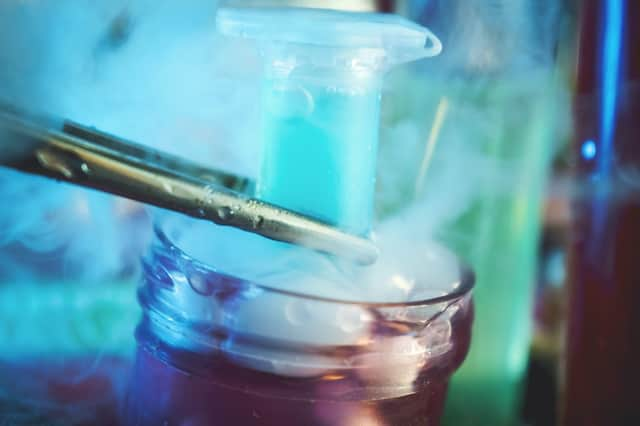Storage limits for frozen eggs, sperm and embryos to be increased to 55 years under new government plans


Storage limits for eggs, sperm and embryos are to be increased to a maximum of 55 years under new plans from the Government.
Ministers have proposed that the statutory storage limits should increase from the current limit of 10 years and should no longer be governed by medical need.
‘This new legislation will help turn off the ticking clock in the back of people’s minds’
Advertisement
Hide AdAdvertisement
Hide AdDoctors have argued that the current limit was too restrictive, but prospective parents will now be given the option to keep or dispose of the frozen sex cells or embryos at 10-year intervals under the new system.
Health Secretary Sajid Javid said: “The current storage arrangements can be severely restrictive for those making the important decision about when to start a family, and this new legislation will help turn off the ticking clock in the back of people’s minds.
“Technological breakthroughs – including in egg freezing – have changed the equation in recent years and it’s only right that this progress puts more power into the hands of potential parents.
“By making these changes, we are going to take a huge step forwards – not just for giving people greater freedom over their fertility, but for equality too.”
Advertisement
Hide AdAdvertisement
Hide AdHowever, the proposals, which follow a public consultation launched last year, will need to be approved by Parliament.
British Fertility Society chair, Dr Raj Mathur, said: “This change ensures that UK regulation is compliant with the scientific evidence about the safety of storage, and protects the ability of all our patients to make reproductive choices for themselves as individuals and couples.”